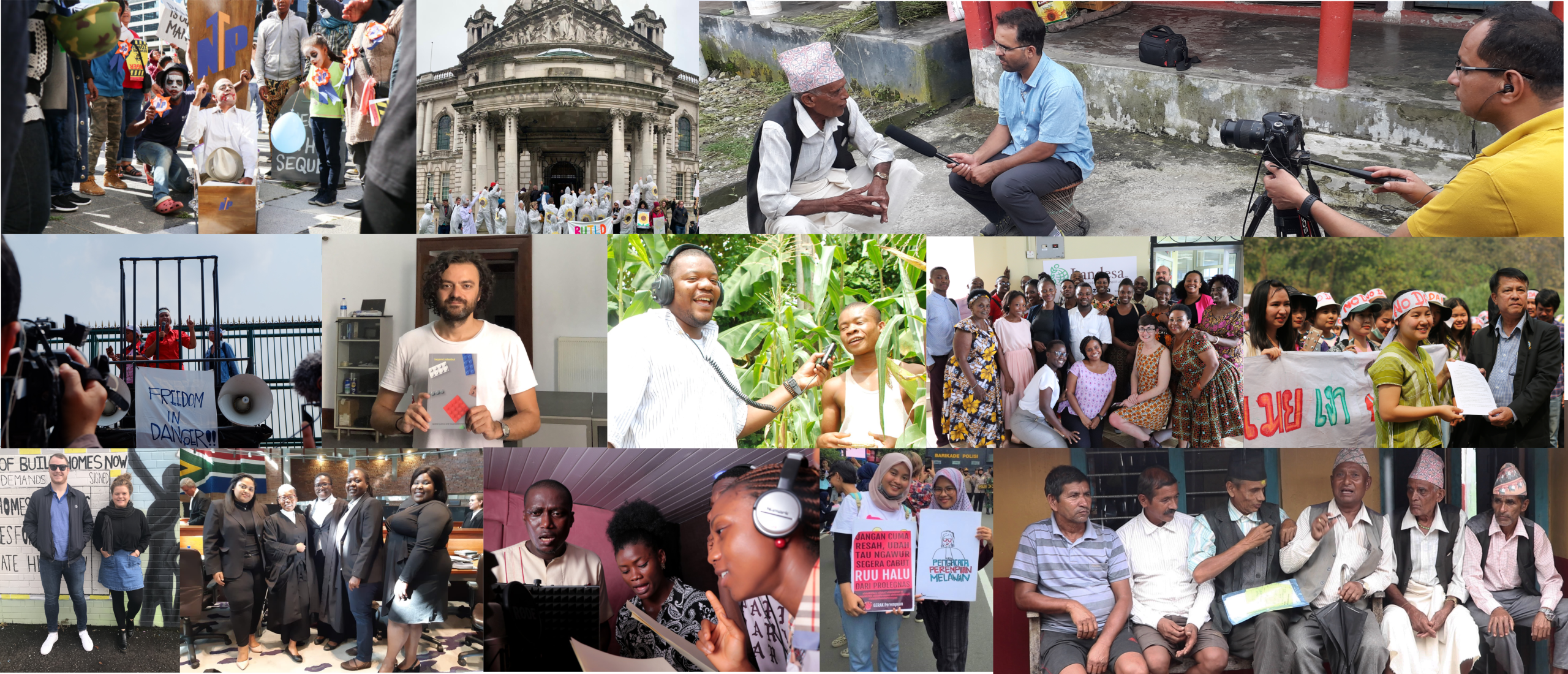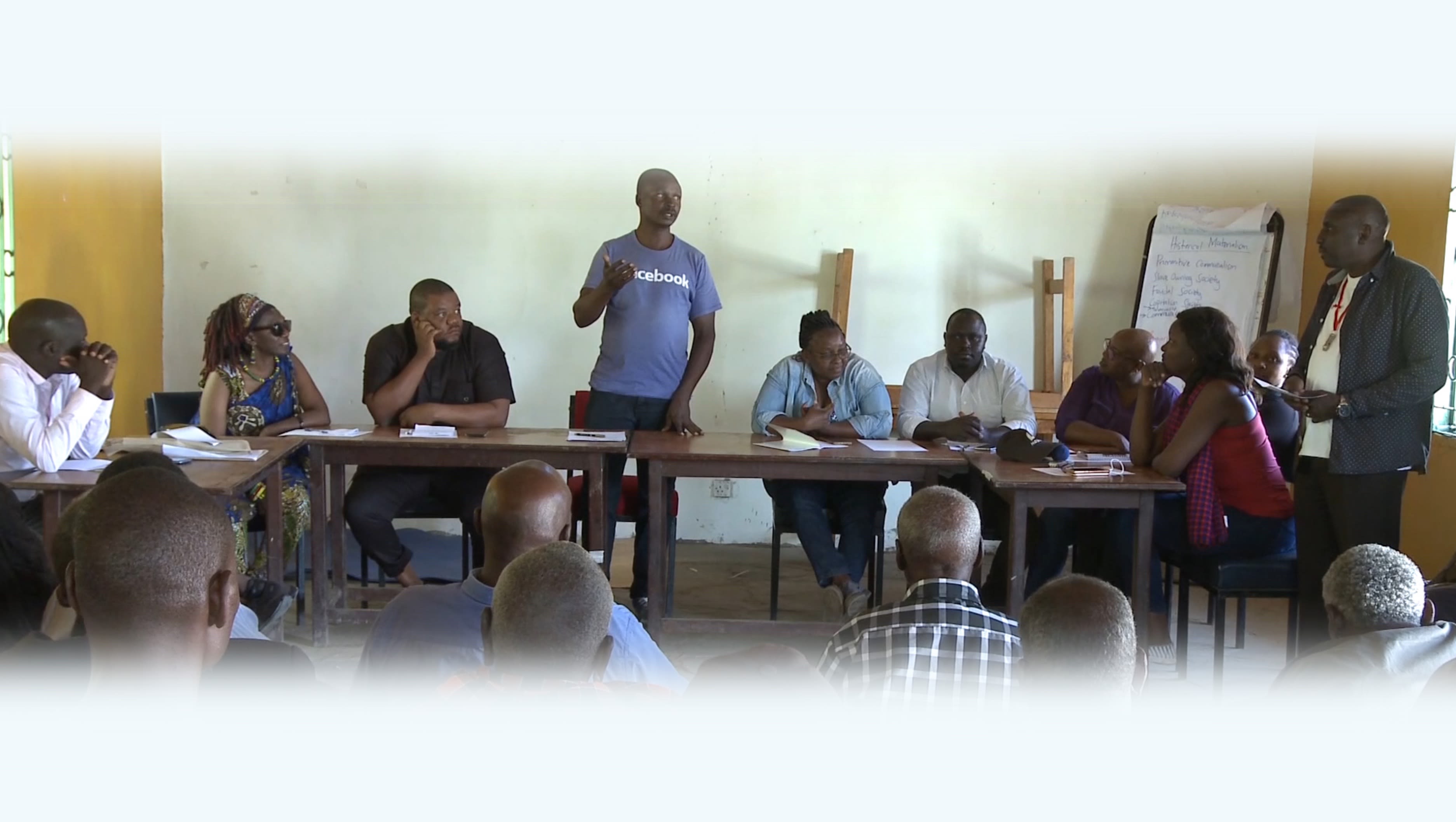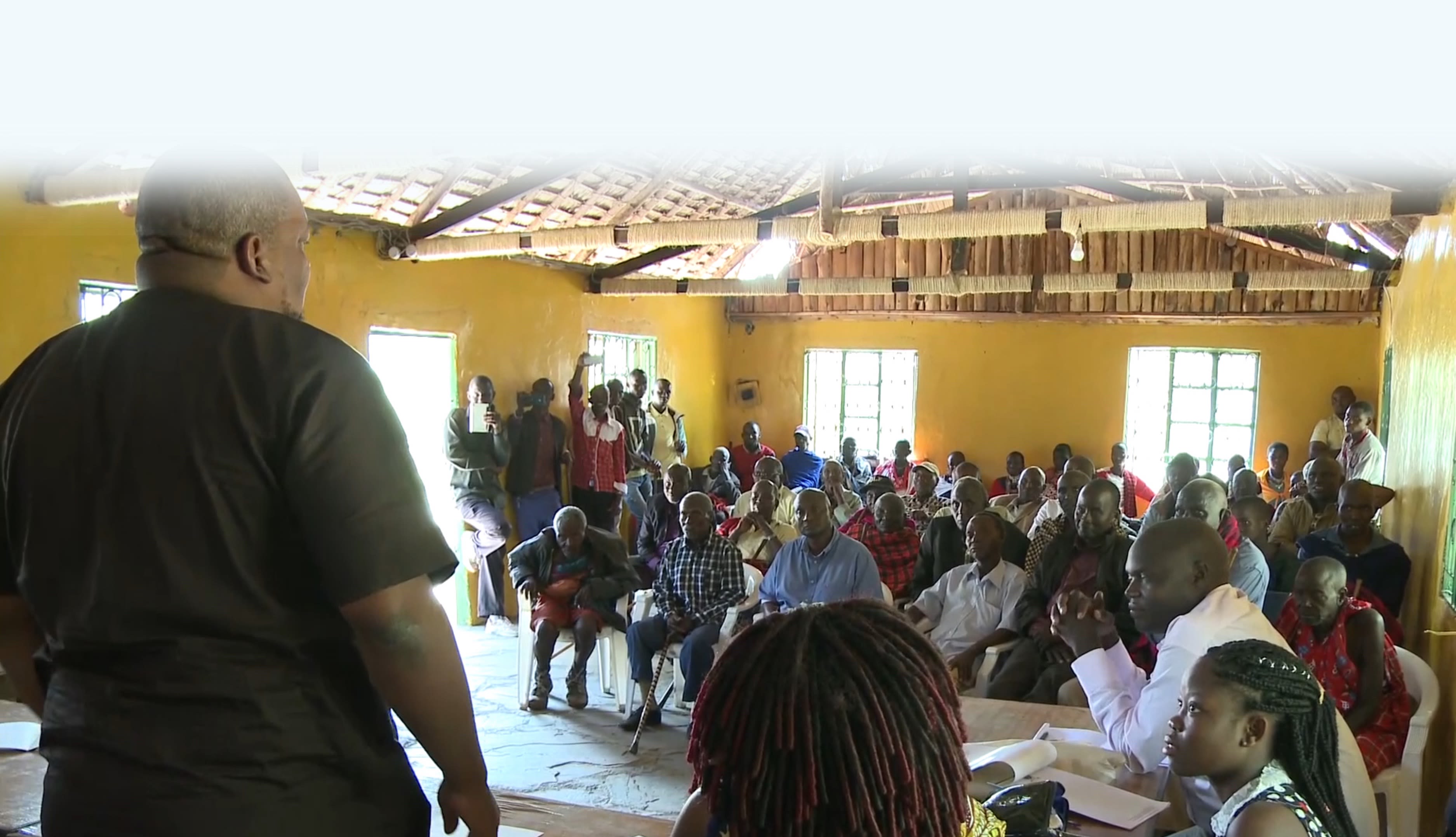Protus Onyango
Kenya

Protus Onyango’s work as a Fellow investigated smallholder landowners’ vulnerability to exploitation by developers. Using his Bertha Challenge Connect Fund, he brought together Africa-based Bertha Challenge Fellows, journalists, community members and public officials.
“In Kenya today, politicians and the rich grab land – including forests – cut trees and build flats that are rented at inflated prices. This leaves the poor unable to afford decent housing in urban areas, while those in the villages lose their land and can’t get justice because the rich also bribe their way out of courts."
Protus Onyango, Standard Media Group
Bertha Challenge Investigative Journalist Fellow Protus Onyango’s work investigated how smallholder land owners are open to abuses by large-scale developers due to the lack of protective legislation in Kenya. As in many other African countries, Kenya has no formally recognized records to prove land ownership for smallholders who have inherited their land. As a result, people are left vulnerable to exploitation by developers. One of the themes emerging from Protus’s stories is the disconnect between communities at risk of displacement and the politicians making planning and development decisions. He focused on the stories of people living outside the capital but whose lives are profoundly affected by decisions made in Nairobi. These stories are not always well understood or represented in the national media.
Protus received a Bertha Challenge Connect Fund to organize a training workshop and, on the following day, an open forum. The training workshop was held in Nairobi for ten local journalists, with the aim to strengthen their capacity to amplify their communities’ stories. He invited two other African-based Fellows – Tanzania-based Dr. Monica Magoke-Mhoja and Nigerian radio journalist Nnaemeka Ikegwuonu – to share their experiences of working with and advocating for the needs of rural communities.

Nnaemeka, talking about similarities in the lack of media representation of farming communities in both Nigeria and Kenya, said: “Farmer programs often do not provide quality; interactive content and the voices of farmers are rarely heard. Program hosts can often be disdainful of farmers and important issues are ignored or avoided because they are complex, sensitive or require additional resources.”
Following the training, Protus, Monica and Nnaemeka hosted an open forum with people in Kajiado, south of Nairobi, a community whose land had been stolen during a transition from collective to private ownership. Officials trusted to oversee the transition stole the land and transferred it to their families and political connections. These officials falsely claimed that the landowners were dead so that their land could be reallocated, or they made landowners pay large sums of money for titles they never received. The open forum gave smallholder farmers space to engage with and confront public officials on securing access to their land. The stories the smallholders told underlined not only the material value of land, but also the deep and profound emotional value of land handed down through generations.
“Some of the smallholders who have lost their lands to blatant greed of politicians are subjected to inhuman treatment. Some families live under the daily threat of evictions; some are even unable to bury their dead.”
Protus Onyango, Standard Media Group



 Built with Shorthand
Built with Shorthand